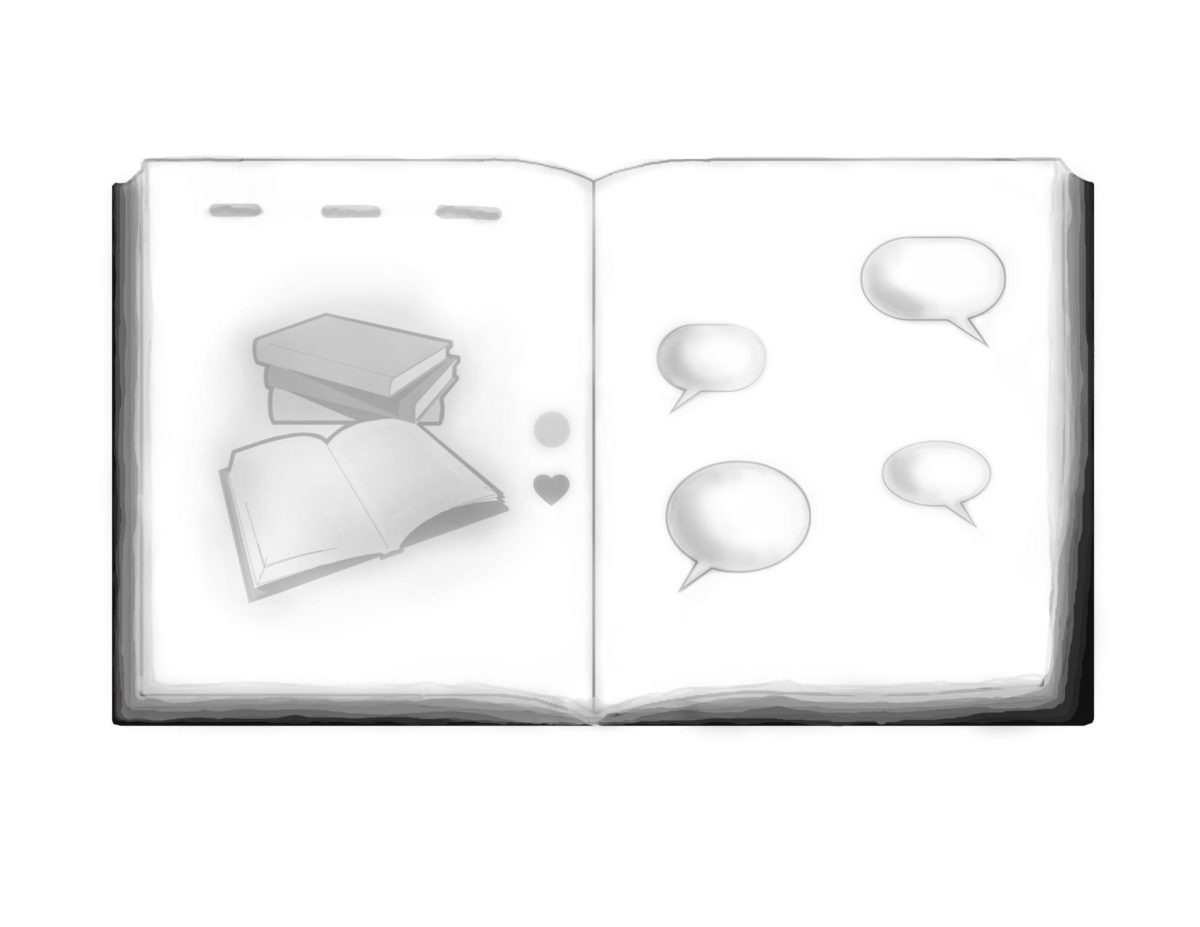
While the Whitman Historical Society may sound like it’s stuck in the past, the student-run club is committed to connecting history to the present. The Historical Society was formed last semester by junior David Friedman, who serves as the club’s president. Friedman was inspired by the work of a similar group at the University of Washington campus, where he spent a summer doing historical research.
“They do the coolest stuff . . . there were all these landmarks around campus that explain the history of the college: the history of UW in the context of the northwest history,” said Friedman, “And I thought, well, Whitman should have something like that.”
Friedman created the club to serve many purposes in the Whitman community. Within the history department, Friedman hopes that the club will help to keep students involved in decisions within the department, like the hiring of new professors.
“I wanted to create a group that was going to be a cipher for that kind of activity and that would make students feel more connected with their department, and it would be easier for them to connect with their professors,” said Friedman.
Junior Reed Ferris, the club’s secretary, joined in part because of his friendship with Friedman, but also in order to gain this type of connection with members of the history department. Ferris also became involved to support a greater student voice within the department.
“I see the society primarily as a vehicle for bringing history majors on campus together, and also as a student voice in helping choose Whitman-sponsored speakers on campus,” said Ferris in an e-mail.
Bringing guest lecturers to campus is another important aspect of the Historical Society’s goals. The club plans to bring speakers to campus that will appeal not just to history majors, but also to students from many different academic backgrounds. As a long-term goal, Friedman hopes to organize a joint seminar between faculty from the history and economics departments.
Although Friedman acknowledges that these plans may be far in the future, he believes that they could provide an important link between the past and current events that most students don’t get in the classroom.
“There are so many historical precedents for what’s going on today,” said Friedman, “I mean, that’s my philosophy of history: it’s not just about learning what happened in 1830-whatever, but it’s so relevant; if you understand American history in the 20th century, you totally understand why we’re in Iraq. It’s not separate; current events and history really are interconnected.”
Lynn Sharp, associate professor of history and department chair, sees the club not only as a method of fostering communication between professors and students, but also as a more formal way to enjoy history.
“The point is to give students a venue to share their love of history,” she said.
She believes that the club can help get students more involved in history, especially those outside of the major.
“It’s really exciting for students in other majors, who like history but wouldn’t normally take more than one history class, to have an avenue for learning more,” said Sharp.
Although the Historical Society has not been directly involved in the planning for Founder’s Day, members of the group volunteered to help with set-up for the event. Friedman realizes that learning about Whitman’s history may not be most students’ priority, or even the club’s, but he acknowledges that Founder’s Day serves an important purpose in the Whitman community.
“[Founder’s Day is] a day to celebrate the college and the founding of the college, making students aware that they’re in a place that has a history . . . it’s supposed to cultivate a love for Whitman and an appreciation for the school,” said Friedman.
Gaining an understanding of Whitman’s history and its relationship to Walla Walla is important for students, said Friedman. Ferris agreed that understanding the inner workings of Whitman, and of any organization, is vital.
“I think it is invaluable to know and understand the history of any organization in which you are involved,” said Ferris.
Through increased involvement in the history department and campus speakers, the group hopes to continue to increase its presence on campus in the coming year, thus heightening appreciation of history within the Whitman community.











